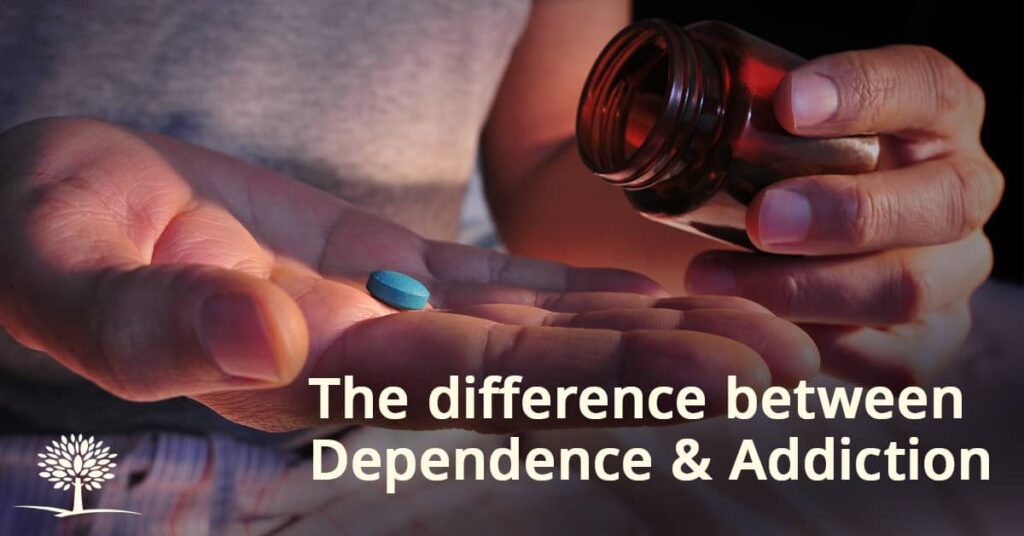It is no secret that misinformation about addiction is rampant. One particular area of misinformation concerns what language gets used when describing topics related to addiction.
While discussing issues about addiction on social media, you might quickly get sucked into a world of confusion as you observe all sorts of individuals—medical professionals, journalists, parents, people who use substances, people in recovery—incessantly argue over terminology such as “addiction,” “dependence,” “abuse,” “misuse,” “habit-forming,” “recreational use” or “medicinal use.
Dependence means physical or physiological dependence, as indicated by tolerance and withdrawal symptoms. It is a state of neuro-adaptation that can occur after repeated substance use, whereby continued substance use is needed to prevent withdrawal symptoms. Dependence does not equal addiction, though it can be one feature of addiction.
The term “addiction” is much more complicated, and there still remains considerable debate in the medical community about exactly how to define it.
Can Someone Be Dependent without Being Addicted?
Absolutely. Physiological dependence is common and can occur with many different kinds of substances, including those considered medications. In fact, it’s important for medical professionals to get this right and to differentiate between physiological dependence and the more complicated addiction construct because the diagnosis will help point to the best treatment option.
Medical professionals are therefore ethically required to get the diagnosis right so that they can get the treatment right.

